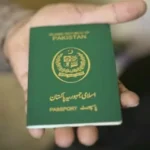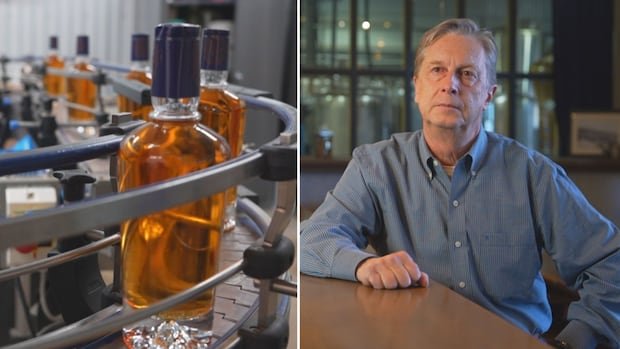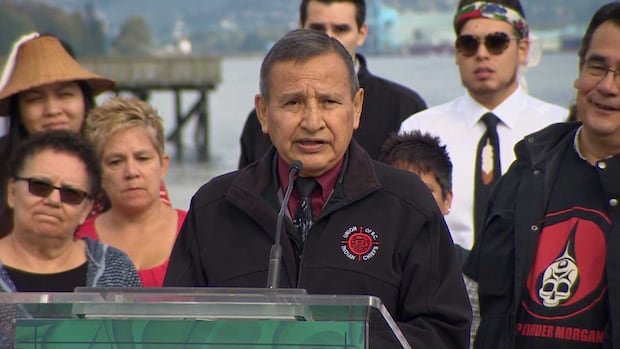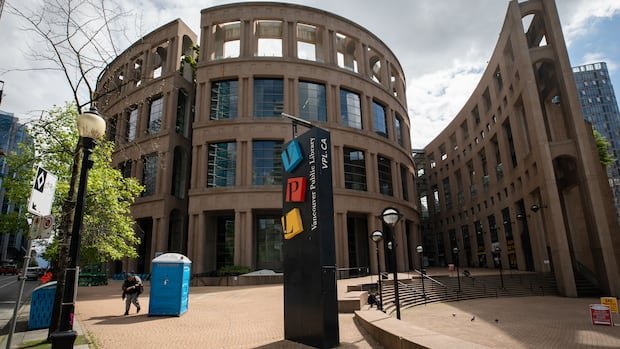Is it water? The barley? Maybe Chinook winds?
Today, it’s not exactly clear what it would entail to define an “Alberta whiskey” the way you define a Kentucky or Tennessee bourbon.
But the provincial government wants to change that. Last month, Alberta Service and Bureaucracy Reduction Minister Dale Nally was tasked with defining the rules for a product to be legally labeled as Alberta whiskey.
Ask a handful of distillers what that definition means to them and their answers will vary.
In Diamond Valley, located south of Calgary, Eau Claire Distillery president and CEO David Farran stands near a mash tun, a large device used in whiskey production to extract sugars from malted barley.
Eau Claire Distillery has been in operation for more than a decade and Farran has watched the local market evolve.
But in his view, Alberta has never really celebrated the fact that it has “all the ingredients” to make a great whiskey, like its highly appreciated barley and a suitable climate. He hopes planned reforms can change that.
“Historically, Alberta whiskey hasn’t been ranked as the best whiskey in the world. It’s been the last whiskey to be asked to the ball. And it’s been priced low,” Farran said.
“Our goal, and I think we can do it here in Alberta, is to show… that we have our place between premium and super-premium whiskey.”
Creating a whiskey trail in Alberta?
Nally said he’s getting inspiration for Alberta from a recent research trip to Kentucky, where he explored the Kentucky Bourbon Trail, a tourist destination that draws whiskey fans to distilleries like Maker’s Mark and Wild Turkey.
In his mandate letter, Nally was tasked with establishing an “Alberta Whiskey Act,” which would set the conditions for an Alberta whiskey.
“The Kentucky bourbon route attracts two million visitors a year. Well, look at all the people who come to Alberta looking for Banff and Jasper,” Nally said in an interview.
“If we could get a small fraction of them to come see the [Alberta] whiskey route… who knows? Maybe that will be in the future.”

Nally says the province will leave key grain, production and process definitions to the people who actually make the spirit.
“If it meets certain definitions listed in the Alberta Whiskey Act, then it can be called Alberta whiskey,” he said.
The provincial government said it is working with the industry to develop the rules and hopes to introduce legislation in the spring or fall of next year.
Caution with definitions
Davin de Kergommeaux, founder of the Canadian Whiskey Awards, isn’t convinced legislation is the right tool when it comes to defining an “Alberta whiskey.”
“Especially when you consider how many distilleries you’re working with, people are going to keep changing what they do and they’re going to keep changing their minds,” he said.
“I think it would be better to have a broad outline, you know, like if you qualify for Alberta tax breaks, your whiskey is called Alberta whiskey or something like that.”
The author of Canadian Whiskey: The Portable Expert He said Alberta already has the makings of a true whiskey region, with its abundance of barley and rye and a growing network of distilleries.

“There are already rumors about whiskey… you have the mountains on one side and the prairies on the other. You have a specific terrain, a specific terroir.” [region-specific qualities that influence flavour]”, said.
“They have it all, but they just need to get it together. Whether they need the government to do it or not, well, I don’t know. But someone certainly needs to organize it.”
Still, he said any definition should be simple.
“I would say it would have to be distilled and matured in Alberta,” de Kergommeaux said.
“At least some of the barley should come from Alberta. At least some of the rye should come from Alberta. But they shouldn’t be stopped from using corn. They shouldn’t be stopped from using triticale, oats or wheat.”.
“I think you have to be careful when defining how it is done and, above all, where it is done.”
The industry is going through a crisis
Alberta’s continued advancement in the whiskey landscape comes at a time when the global whiskey industry is undergoing a great recession.
“Distilleries are closing in Scotland, Ireland and the United States, of course, and they are closing other places. Demand for whiskey is plummeting,” de Kergommeaux said.
There are several theories about why the recession is happening, de Kergommeaux said. Some believe the industry has become overhyped to the point of losing consumer interest, and the COVID-19 pandemic certainly hasn’t helped. Major players such as Diageo have retreated as sales fall, even among major brands such as Crown Royal.
Still, the idea of a “whiskey trail” perks up the ears of operators like Charlie Bredo, president of Red Deer’s Troubled Monk and GrainHenge Whiskey. The operator’s Arrowwood whiskey recently won the award for best rye in the world at the World Whiskey Awards 2025 in London.
“I’m totally excited that Alberta is looking to do this,” Bredo said. “We have an incredible opportunity here to put Alberta on the map.”

Bredo noted the enormous volumes of tourists who each year go to Scotland or Kentucky to drink bourbon, or to Japan to drink whiskey.
“Having a trail and celebrating the different distilleries in Alberta to produce that whiskey…could make a real difference for tourism here.”
Bredo agrees that the province’s grain, climate and mountain water could influence an eventual definition of Alberta whiskey.









